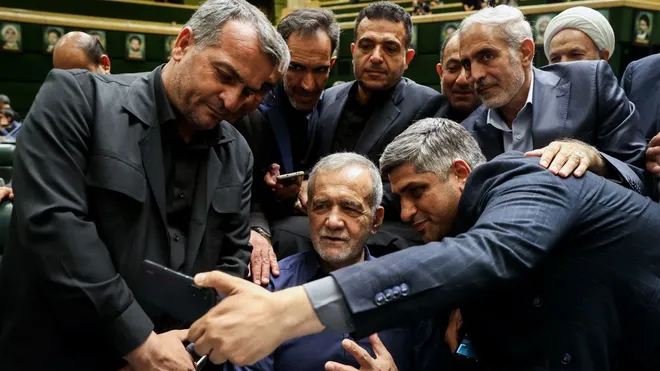Iran’s Supreme Council of Cyberspace announced the lifting of restrictions on WhatsApp and Google Play, the first step towards the removal of broader internet filtering measures.
The lifting of the restrictions was in line with one of the main promises of the country’s fourteenth government, which had previously pledged to provide more open access to global platforms. Former Foreign Minister Javad Zarif said that President Masoud Pezeshkian “does not believe filtering aligns with the dignity of the Iranian people.”
He is working to build consensus at all levels of governance and with the public.
Previously, Iranian households were forced to incur significant costs by relying on virtual private networks (VPNs), with the VPN market making huge profits. Despite the new measure, other platforms remain limited, with critics calling for new steps to guarantee open and unhindered access to the Internet.
Analysts see the latest developments as a sign of potential policy changes aimed at easing online restrictions and supporting Iran’s efforts to participate in the global digital economy to a greater extent. A second step could include access to YouTube through “governable gateways,” an official ban on the use of foreign platforms in government agencies and a revised enforcement policy targeting criminal content.
In the third phase, the council proposed to reopen Telegram after negotiations, subject to the conditions set by the Article 4 Working Group. The fourth phase aims to regulate access to the Internet for certain groups of users, introduce an officially approved mechanism to circumvent filters and strengthen judicial measures against offences committed on foreign platforms.
Tensions over Internet restrictions in Iran escalated on 24 December when 136 members of parliament publicly opposed measures to ease the country’s strict social media filtering system. Iran has maintained strict controls on online access since the early 2000s, with major social media platforms including Facebook, Twitter and Telegram facing various forms of restrictions.
